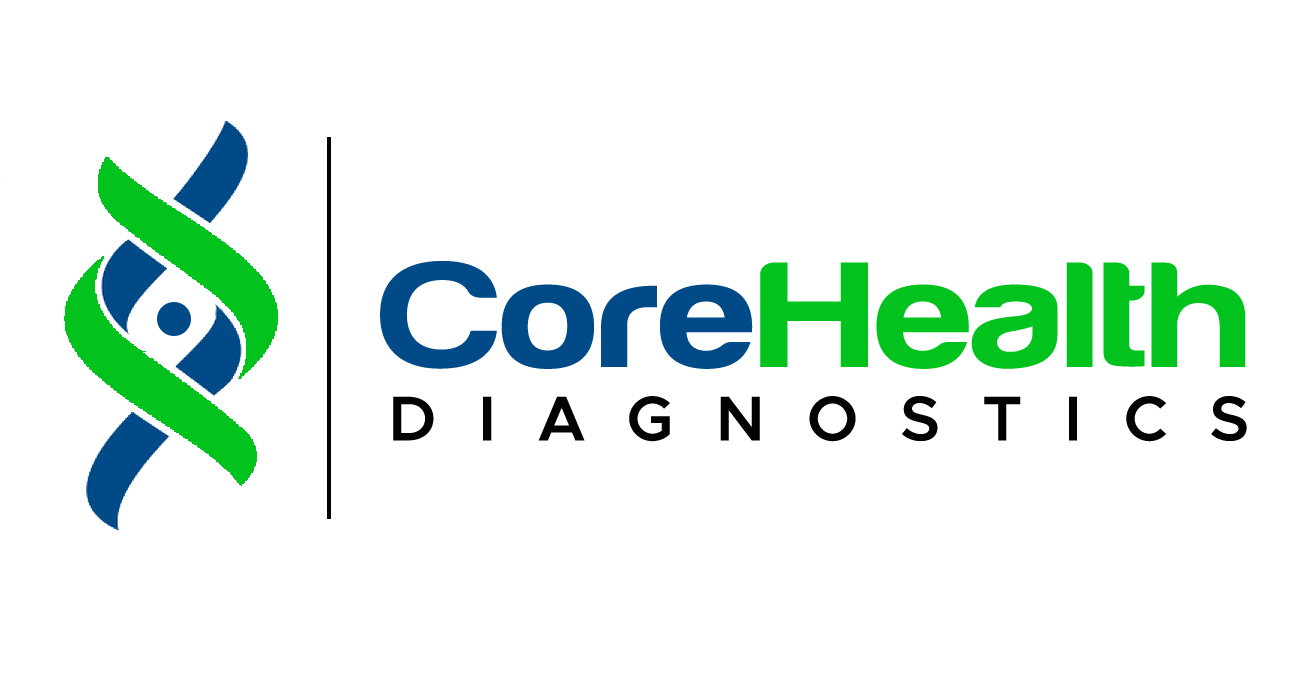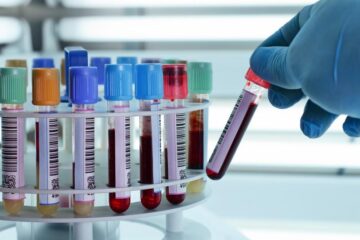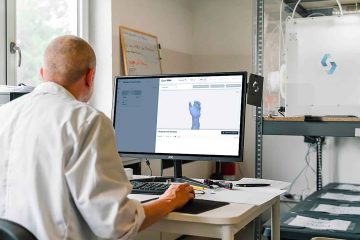Self-medication, the practice of treating oneself without consulting a healthcare professional, has become a common trend.
While it may seem convenient, self-medication can lead to devastating consequences, including delayed recovery, worsening of symptoms, and even death.

The Risks of Misdiagnosis
One of the significant risks of self-medication is misdiagnosis. Without proper medical training, individuals may misinterpret symptoms, leading to incorrect treatment.
This can exacerbate the condition, making recovery more challenging. For instance, a person experiencing chest pain may assume it’s just indigestion, when in fact, it could be a sign of a heart attack.
1. Masking Symptoms
Self-medication often masks symptoms rather than addressing the underlying cause. This temporary relief can lead to a false sense of security, causing individuals to delay seeking proper medical attention.
For example, taking painkillers for a headache may provide temporary relief, but it may not address the underlying cause, such as a sinus infection or migraines.
2. Delayed Recovery
Self-medication can significantly delay recovery. By not addressing the root cause of the condition, individuals may prolong their suffering, leading to extended periods of pain, discomfort, and lost productivity.
In some cases, self-medication can lead to addiction, further complicating recovery.
The Importance of Professional Diagnosis
A proper diagnosis from a healthcare professional is crucial for effective treatment. Doctors have the training and expertise to accurately diagnose and develop personalized treatment plans.
They can identify underlying conditions, recommend appropriate treatment, and monitor progress.
Benefits of Early Check-ups
Early check-ups offer numerous benefits, including:
- Accurate Diagnosis: Healthcare professionals can provide an accurate diagnosis, ensuring appropriate treatment.
- Effective Treatment: Early treatment can lead to faster recovery times and reduced severity of symptoms.
- Prevention of Complications: Early intervention can prevent complications and reduce the risk of long-term damage.
- Improved Health Outcomes: Early detection and treatment can lead to better health outcomes and reduced mortality rates.
- Reduced Healthcare Costs: Early intervention can reduce healthcare costs in the long run by avoiding costly complications.
Conclusion
Self-medication may seem like a convenient solution, but it can lead to devastating consequences. Delaying proper medical attention can worsen symptoms, prolong recovery, and even lead to death.
Don’t risk your health – go for a check-up first! By prioritizing professional medical attention, individuals can ensure accurate diagnosis, effective treatment, and a faster recovery. Remember, it’s always better to be safe than sorry when it comes to your health.
For professional diagnosis for any sort, contact Core Health Diagnosis Center by Clicking Here




